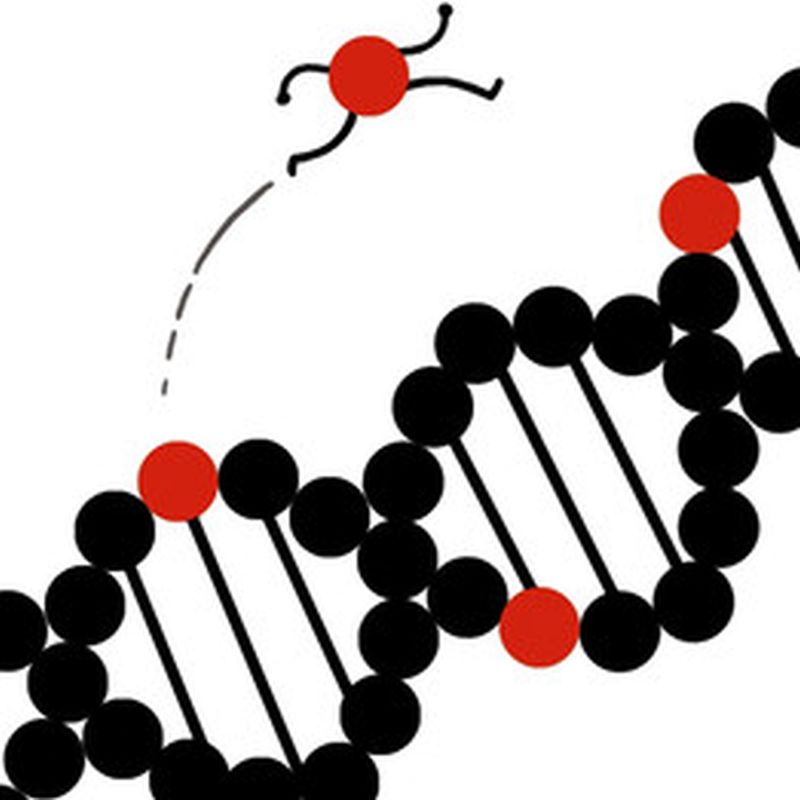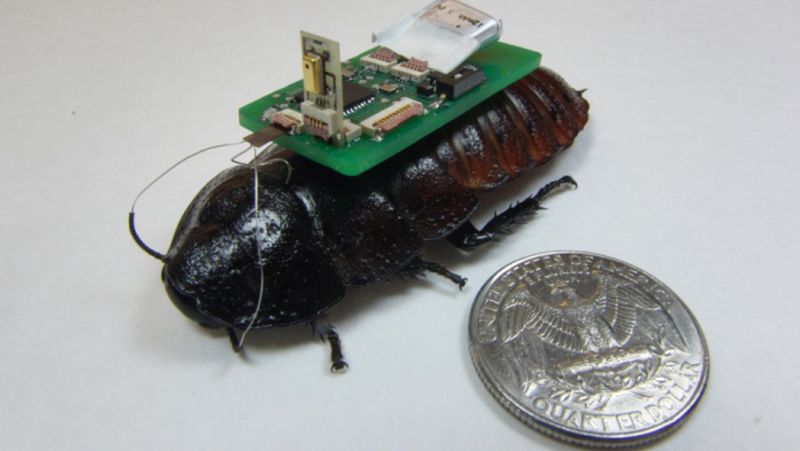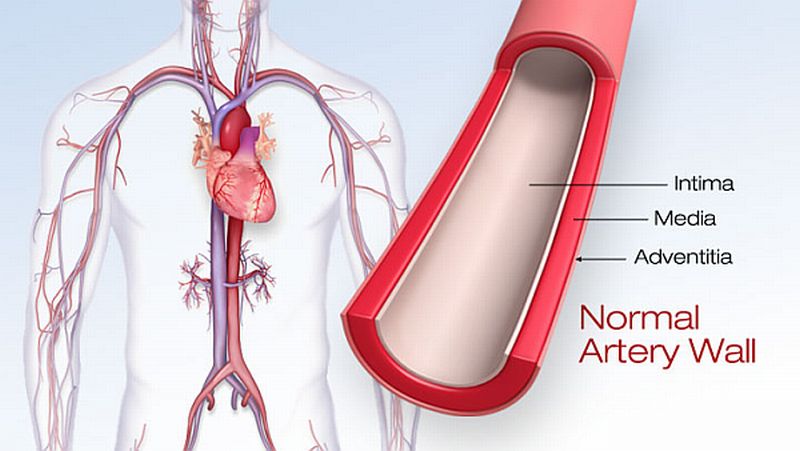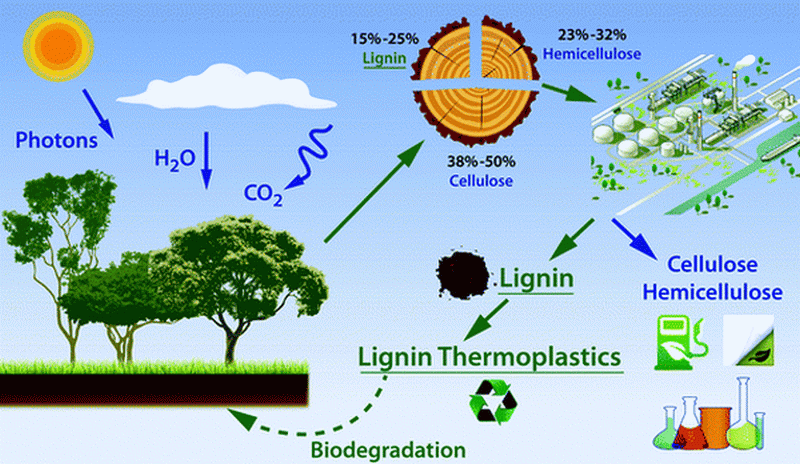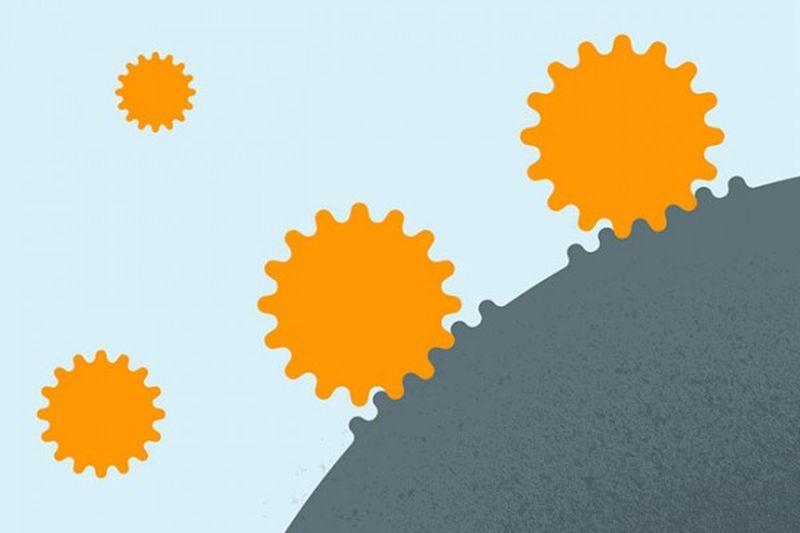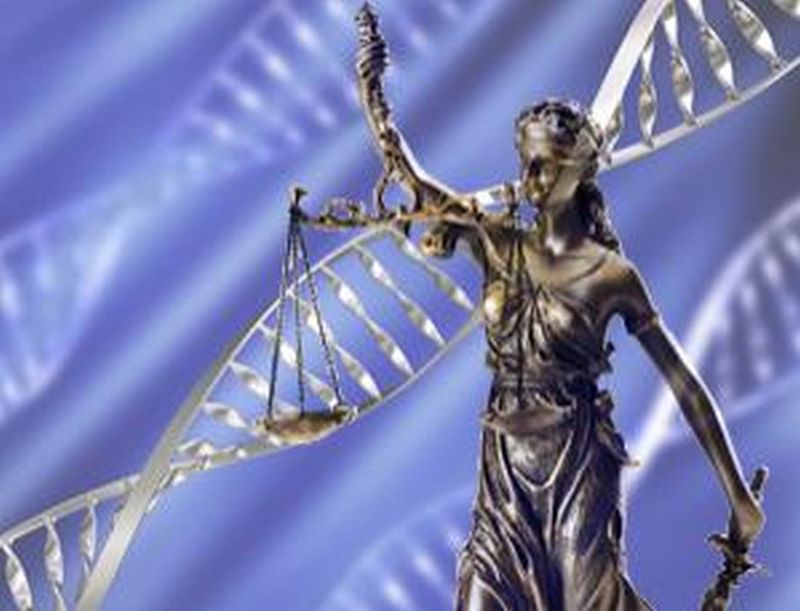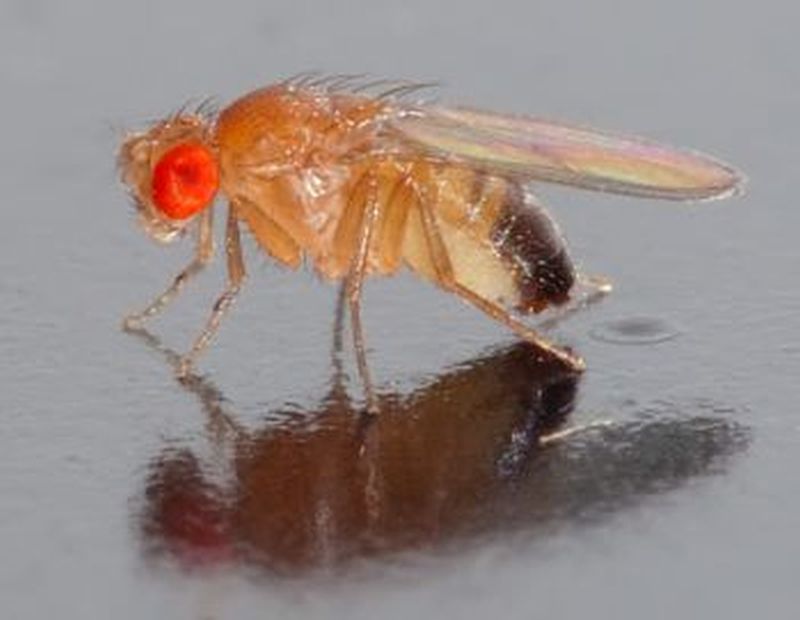Bacteria are the first organisms known to exist in the history of life on the planet Earth. Taken the time period into consideration, these micro-organisms have had surplus at their disposal hence, we can say that they have the ‘edge’ of thriving even on the bare minimum life supporting elements. This unique ability of bacteria has made one of the major reasons for researchers to study more about them. Harsh environment signifies very less or no availability of nutrients, consequent upon which the microorganisms require fighting for their survival. So what…
Read MoreAuthor: Neha Shukla
Suneris VetiGel: Superfast Bioresorbable Clotting Agent
The first and the foremost step in treating any kind of injury is to cease blood loss. Though our body has its own mechanism to stop blood loss through formation of blood clots. But during severe injuries, our body struggle to stop blood loss and excessive blood loss is life threatening. Therefore, scientists are researching to find new ways to minimize blood loss during injuries.
Read MoreXenen Disinfection Robot: A Silent Ebola Killer
Ebola disease is one of the most discussed topic these days. Vaccines or specific treatment for the deadly Ebola virus is not yet found. And therefore, medical expert emphasize on taking necessary precautions.
Read MoreThe Autonomous K5: A Bot for Predicting and Preventing Crime
Silicon Valley, the renowned center for invention and development, is always in news. Lately, Microsoft’s robo cop has been creating waves in the tech ocean of the Valley. Start-up, Knightscope has named its security robot K5. Makers of the robot using high tech robotics, predictive analytics and social engagement, wanted to use the bot in predicting and preventing crime. Till now, the company has designed seven robots and envisions positioning four more by the end of this year.
Read MoreSupplements do not Enhance an Individual’s Cognitive Performance: Balanced Diet is the Key
For long, B group vitamins, especially B6, B12 and folic acid has been considered playing a pivotal role in keeping the human’s brain healthy. They are known to boost memory and avert risk of disease such as Alzheimer’s disease. Because of these benefits, the vitamin B has become a part of a healthy diet.
Read MoreBiomimicry: Cyborg Cockroach would be the New Rescuers
Cockroaches are one organism that is disliked by a majority of people but these creepy looking creatures is soon going to help in tracing humans trapped in disaster sites. Similar to penny sized micro robots, these tiny roaches can make its way through the extremely small spaces where others like dogs, camera or robots might not reach thus making rescue operation slow and risking lives of people.
Read MoreHeart Disease starts from Stomach: Red Meat hardens the Arteries
Though red meat is one of the richest source of a powerful antioxidant called, lipoic acid, apart from harboring other essentials like iron, creatine, minerals and vitamins, findings from various studies suggest that red meat consumption is linked to significant health risks such as an increased chance of developing cardiovascular disease and even bowel cancer.
Read MoreRecycling Wood, Crop Waste into Valuable Chemicals: Renewable Biomass Material
Everyone realizes the importance of recycling potential wastes into useful products. This recycling process helps in reducing the requirement for raw materials, minimizing energy usage, curb water and air pollution, thus reducing greenhouse gas emission. Experts around the world are trying ceaselessly to look for new and innovative techniques to recycle wastes. In one such attempt, researchers have found an innovative method to recycle lignin, which is a biomass waste, into certain chemicals that can be put to use in other applications. Recycling Lignin Lignin is the complex material responsible…
Read MoreMagnetic Nanoparticle Pill will detect Cancer: Searching Bloodstream with Google
Giant web search engine, Google is expanding its business in different technological areas, investing in research program to develop driver-less cars, goggle glasses, contact lenses, delivery drones, robots, providing internet facilities via balloons to name a few. Now Google is expanding into the field of advance medicine. With an aim of developing nanoparticles that would be delivered in the form of a pill in aiding cancer detection and other ailments, the big G unveiled its latest project called the “Nanoparticle Platform.
Read MoreHigh Milk Consumption leads to Greater Risk of Fractures: Fat triggers Inflammation
Importance of milk and other dairy products are long known to everyone. They are one of the richest sources of Calcium and contain Vitamin D which together plays an imperative role in strengthening human bones and teeth, thus, reducing the risk of osteoporosis and bone fractures. Milk also contains many other essential nutrients. However, a recent study challenges the health benefits of milk intake and on the contrary, links high milk consumption with higher risk of fractures and early mortality.
Read MoreIndividual Genes responsible for Violent Crimes: Nature versus Nurture
The debate on what makes a person more violent than another is still on. The question is whether criminals are born with such fierce nature or any incident or experience shape up such violent trait in criminals is yet to be answered. So far, scientists have proposed that certain genes (by altering brain chemistry), might be an influential factor behind such violent behavior. But DNA clues to back this suggestion is not present.
Read MoreLEDs Attract more Flying Invertebrates: Light Pollution
Invention of blue light-emitting diodes (LEDs) by three scientists won them the Nobel Prize for physics. This innovative LED technology comes with many advantages such as they are energy efficient, bright enough to be used for regular lighting and last longer. But the increasing use of LEDs has certain drawbacks too, as found in a new study led by a pair of experts from Scion, a New Zealand research Institute. According to them LEDs serve light pollution and can cause ecological problems because flying invertebrates are more drawn to LED…
Read MoreFruit Fly can sniff out Drugs and Bombs: Electronic Noses Technology
When it comes to detecting bomb or drugs, generally dog is the first animal that comes in our mind. But would you believe when I say that very soon fruit-fly might be taking over the job of detecting bombs and illicit drugs? Surprised! According to a research conducted by the University of Sussex, fruit fly’s sense of odor can be employed in an innovative technology to expose bombs and drugs.
Read MoreCoordination and Collaboration discovered in Hunting Crocodilians: A Club of Hunters
We have already read Vladimir Dinets’ research work about certain species of crocodiles and alligators that very intelligently made use of twigs to lure its prey, to climbing tree’s crown to keep an eye on its potential prey or an approaching enemy. Apart from these, advanced parental care, complex communication are other behavior noticed in reptiles.
Read MoreCharging Gadget in Bedroom leads to Weight Gain: Light from Devices Disrupt Metabolism during Sleep
Gadgets have made our lives convenient, but at the same time, safety issues have thwarted their ease. Experts are still debating & studying whether radio wavelengths emitted from cellular phone causes brain cancer or not. Now another team of researchers has discovered that charging cell phones or tablets in the bedroom, during night can lead to weight gain.
Read More
